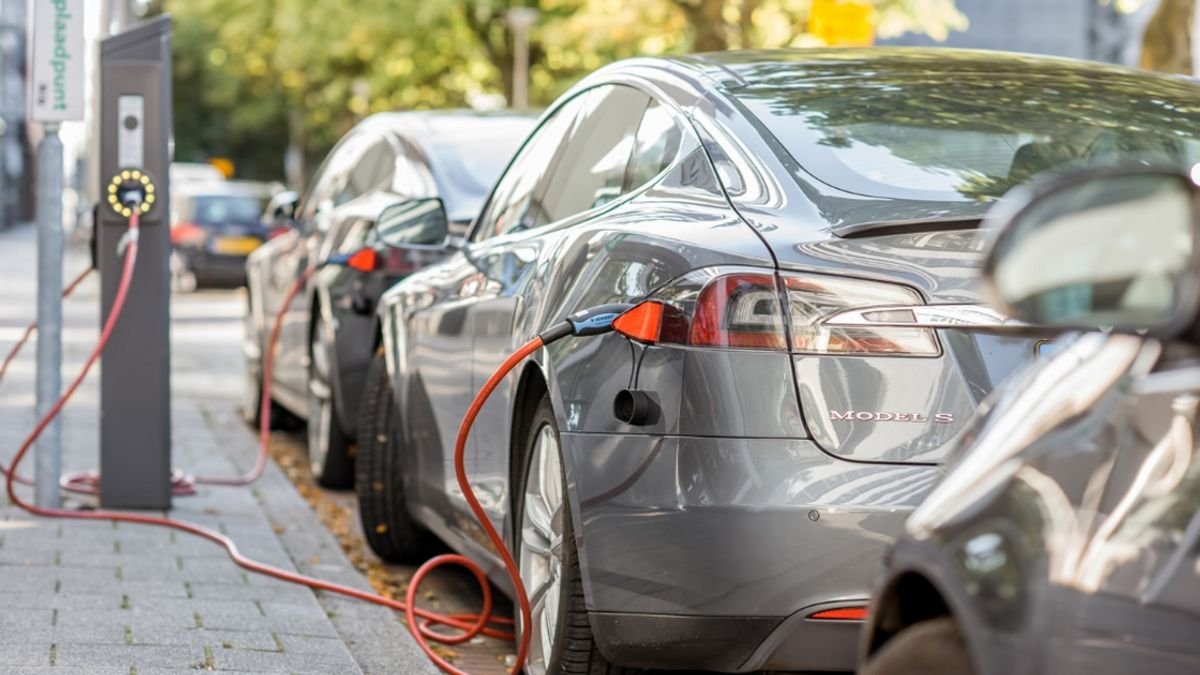In an unprecedented move, Stedin, a leading Dutch power grid operator, has called upon municipalities to deactivate public electric vehicle (EV) charging stations during peak hours from 4pm to 9pm. This request aims to alleviate the burgeoning pressure on the Netherlands’ power grid, which faces significant strain due to the rising demand for electricity, particularly during the evening hours and on sunny days in spring and summer. Stedin’s CEO, Koen Bogers, has highlighted that despite plans to invest 8 billion euros to bolster grid capacity by 2030, the anticipated expansion will not suffice to meet the growing demand, with a significant portion of the new capacity earmarked for supporting public charging points in urban areas.
Strategic Response to Overloaded Power Grid
Stedin’s initiative to reduce charging station availability during peak times is seen as a crucial step towards freeing up capacity for connecting new homes, businesses, and educational institutions to the grid. This approach is part of a broader strategy to manage demand, alongside investments in grid expansion. In cities like Rotterdam, ‘smart charging’ initiatives have already been introduced, limiting power availability at charging stations during high-demand periods to distribute electricity usage more evenly throughout the day.
Challenges and Concerns
However, the proposal has sparked concerns among stakeholders, including the Electric Drivers Association (VER), which warns that such measures could deter potential electric vehicle buyers. The association has raised issues regarding the removal of tax exemptions for electric vehicles and unclear public charging rates, viewing them as additional barriers to electric vehicle adoption. Despite these concerns, Stedin argues for the prioritization of energy usage, advocating for charging during off-peak hours when solar energy is abundant or demand is lower to ensure a more sustainable and efficient use of the grid.
Looking Ahead: Sustainable Solutions and Public Response
As the Netherlands and other countries continue to transition towards greener energy solutions, the challenge of managing an increasingly stressed power grid will necessitate innovative approaches and cooperation from all stakeholders. Stedin’s proposal underscores the need for a collective effort in adopting smart energy solutions that balance the growing demand for electric vehicles with the limitations of current infrastructure. The outcome of this initiative could set a precedent for how cities worldwide address the dual challenges of promoting electric vehicle adoption while ensuring a stable and reliable power supply.
[ad_2]
Source link




